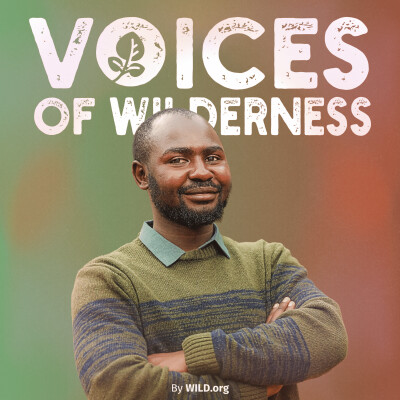
A humanitarian and ecological crisis is rapidly unfolding in the southeastern lowlands of Kenya, in the shadow of Mount Kilimanjaro.
Over 200 Indigenous families are facing eviction from ancestral lands they have lived on for generations.
Since July 2nd, 2025, fencing poles have been erected around entire settlements—cutting off vital routes that have connected communities, livestock, and wildlife for centuries.
They are being locked out of the main road. Locked out of their rivers. Locked out of sacred sites. Their freedom of movement—and with it, their daily lives—is being shattered.
At the heart of this crisis is Mkocheni, a fragile community nestled within the Lake Jipe ecosystem—known as The Community That Lives With Elephants. This rare wetland sustains not only elephants, hippos, and hyenas, but also migratory species that depend on its delicate balance.
Here, Maasai herders, artisanal fishers, and pastoralists live in deep connection with the land. But this shared land is now being targeted for agricultural expansion—threatening both human life and biodiversity.
If we do not act now, we risk losing not only a people’s home—but one of East Africa’s most vital ecological and cultural heritage sites.
Joining us is Zachary Mutinda, Project Lead of the Eco Jipe Program. Zach was part of WILD’s CoalitionWILD 2021 Excelerator Cohort. He describes what he sees as a ticking time bomb in one of the region’s biggest possible human-wildlife conflict hotspots.
We’re honored to have him with us today—to help us better understand the on-the-ground reality, the deep knowledge of local communities, the role of wildlife, and how each of us can take action for this community and the conscience crisis that’s happening.
📣 Update: The situation has worsened since the podcast was recorded. Vegetation has been cleared, which negatively affects both elephants and their corridors. Zach is concerned about the human impact this will have in the coming days and months.
Learn more: https://wild.org/blog/indigenous-struggle-for-land-in-kenyas-lake-jipe-region/
Before listening to the episode, please consider supporting our work at WILD.org, which allows us to dedicate time to creating these conversations for you.
Eco Jipe Program: https://ecojipeprogram.org/
Hosted by Ausha. See ausha.co/privacy-policy for more information.